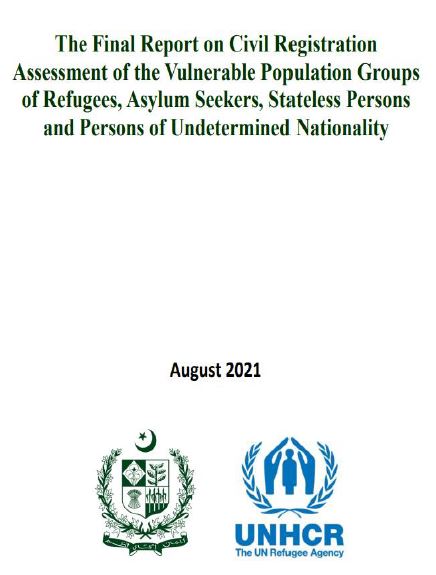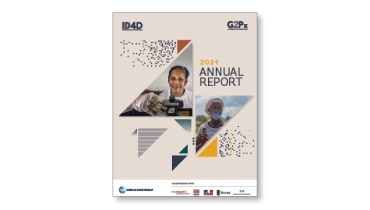New Analysis of Excess Mortality and Covid-19 in Malaysia
(Newsletter: CRVS Insight May 2022)
|
The CRVS community in Asia and the Pacific has reflected on where it stands at the midpoint of the CRVS Decade (2015-2024) during the Second Ministerial Conference. Following this celebration of progress, many of our partners and member countries are leading actions to fill the remaining gaps. To learn more about CRVS in Asia and the Pacific, please subscribe to our newsletter, which offers a monthly panorama of CRVS actions throughout the region Previous editions can be found here. |
(Newsletter: CRVS Insight May 2022)
(Newsletter: CRVS Insight May 2022)
(Newsletter: CRVS Insight May 2022)
(Newsletter: CRVS Insight May 2022)
Traditional census-taking, in principle, entails canvassing the entire country, reaching every single household, and collecting information on all individuals within a stipulated period of time. While the majority of countries in the world, as well as those in Asia and the Pacific, continue to employ this traditional approach, an increasing number of countries are turning towards registers (solely or partially, complemented by a full field enumeration or sample survey).
(Newsletter: CRVS Insight May 2022)
The regional training workshop will be held virtually from 27 May to 3 June 2022, as part of a project to strengthen capacity to implement inequality assessments of civil registration and vital statistics (CRVS) systems, which has been initiated by ESCAP and includes both in-country and regional level capacity strengthening activities. One element of this project relates to training on demographic skills to enable countries to implement the inequality assessments.
(Newsletter: CRVS Insight May 2022)
The meeting was co-organized on a hybrid mode (In person at MR-H, Level 1, United Nations Conference Centre, Bangkok/Online through MS Team) by the Government of Pakistan, UNFPA, UNICEF, and ESCAP on 23 May 2022 at 13.30-14.30 hours (Bangkok Time, UTC+7). It was one of the side events of the seventy-eighth session of the UNESCAP Commission, held online from 23 to 27 May 2022.
This report provides the Government of Pakistan with practical recommendations to establish inclusive civil registration systems based on the gaps in civil registration service providers and beneficiaries identified by systematic desk review, key informant interviews, and focus group discussions at the district and sub-district levels in the Islamabad Capital Territory, Peshawar the capital of Khyber Pakhtunkhwa Province, and Karachi Division in Sindh Province.

The 2021 ID4D and G2Px Annual Report highlights the work done in 2021 to advance #GoodID & #digitalpayments to empower people and build inclusive & dynamic digital economies.
